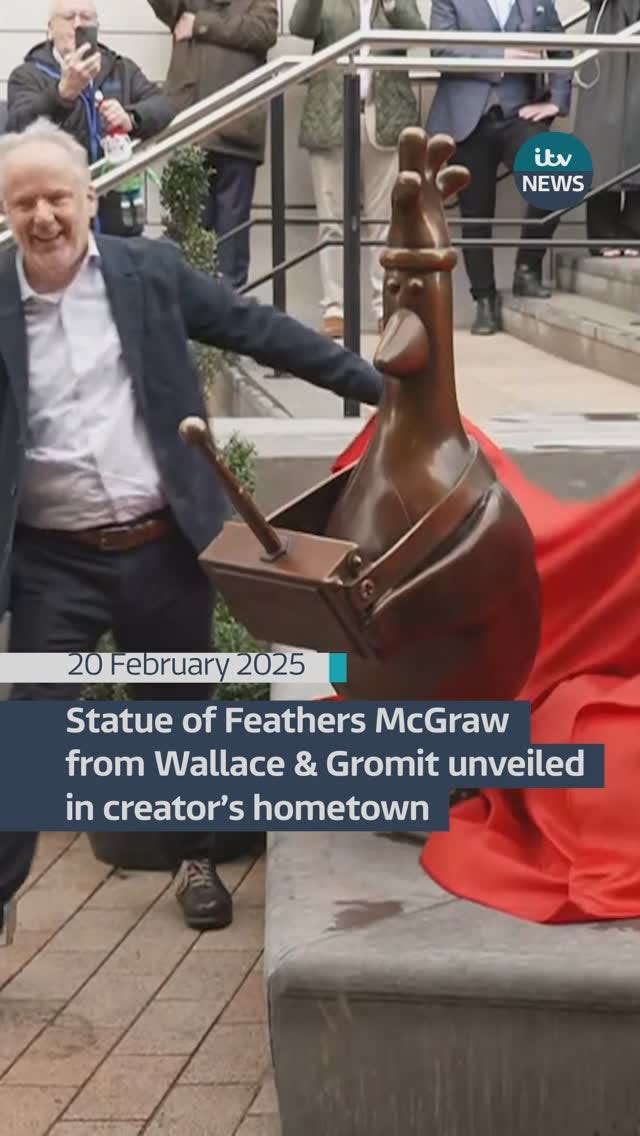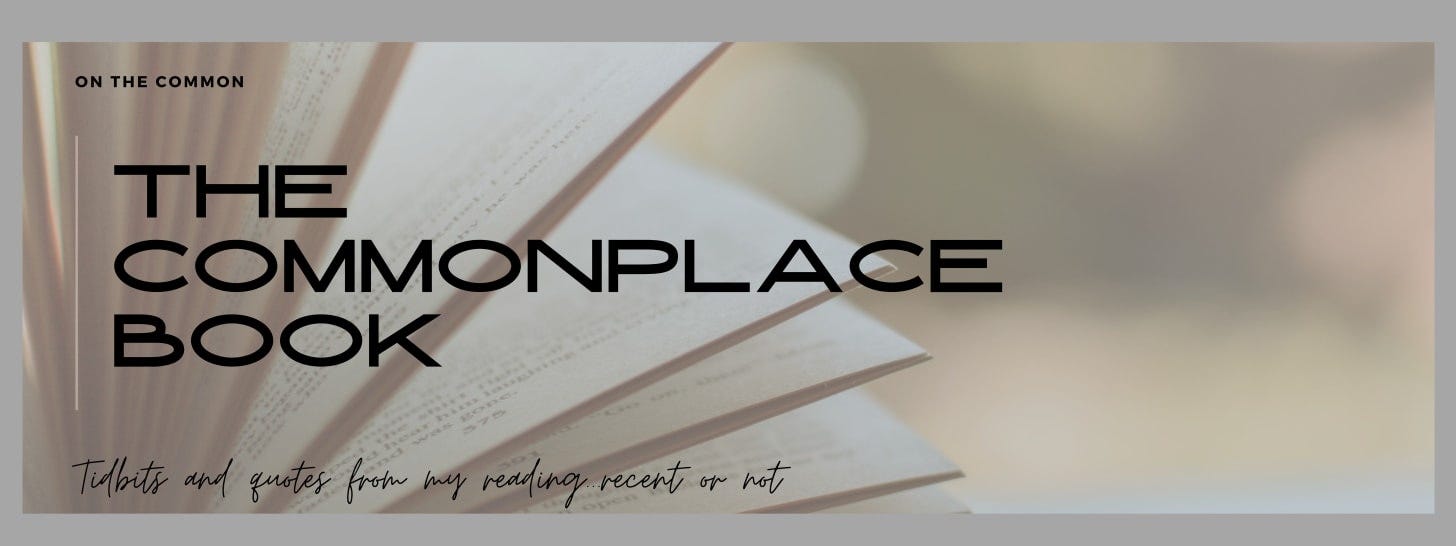Hello friends,
If you follow me on Instagram, you might have seen that two weeks ago, my husband ran—and finished!—a full marathon. He had never done this before, and I’m not sure he will do it again. After he finished, I felt like I’d been returned to toddler parenting for the afternoon. We tried to keep him walking; if he wanted to sit, we sat; when he was hungry, we ate. You can’t plan an entire lifetime this way, but it’s not a bad way to spend an afternoon, especially if the sun is out.
The Part Where There’s an Essay: A Fault Like Hers
The above phrase is taken from the chapter “Jo Meets Apollyon” in Little Women. If you remember, the chapter recounts how Amy, in a fit of rage over Jo’s treatment of her, burns Jo’s manuscript in the fireplace. Jo is (understandably) furious with her younger sister and states, even after Marmee instructs her to forgive, that she shall never be able to. Later, Amy nearly drowns in the pond, and Jo sees her terrible bitterness for what it is:
Jo dropped down beside the bed in a passion of penitent tears, telling all that had happened, bitterly condemning her hardness of heart, and sobbing out her gratitude for being spared the heavy punishment which might have come upon her.
"It's my dreadful temper! I try to cure it, I think I have, and then it breaks out worse than ever. Oh, Mother, what shall I do? What shall I do?" cried poor Jo, in despair.
Marmee proceeds to encourage Jo and tells her to keep on trying to be patient. "Watch and pray, dear, never get tired of trying, and never think it is impossible to conquer your fault," she says.
Then she confides in Jo that her temper used to be just like Jo’s. Marmee, that sainted woman, who always has a wise, kind word for everyone—to think she used to be an angry person! Jo thinks this is impossible. Marmee goes on to say further that she has battled anger for forty years, and she hopes one day she will not feel it anymore. But, for the moment, she has at least learned not to show it.
Here is where Louisa May reminds us of the truth:
The patience and the humility of the face she loved so well was a better lesson to Jo than the wisest lecture, the sharpest reproof. She felt comforted at once by the sympathy and confidence given her. The knowledge that her mother had a fault like hers, and tried to mend it, made her own easier to bear and strengthened her resolution to cure it….
Sin creates distance between people. Here we see it between Amy and Jo. Amy was whiny about not being allowed on the outing with Meg and Laurie; Jo responded unkindly to her younger sister; Amy retaliated.
When my son sins against his brother, he puts distance between the two of them. He also puts distance between himself and me since I am an authority in his home, in which we ascribe to live in Christian love. Ultimately, he creates distance between himself and God.
When this child is penitent—when he admits his sin to me—I have a choice as to how I will respond to him. I may simply reinforce the law by chiding, reminding, and saying how glad I am that he has confessed. A reminder of God’s law and an expression of the goodness of repentance are both true.
But here, we see the generous hope offered by a further step: compassion. In this scene, Marmee has that experience that every parent has: she sees her own failings passed on to her child. Jo is the same angry young woman that she once was. Moreover, Marmee admits that she is still struggling in this way. She hasn’t cured it, she says, but she has learned to control it.
Instead of letting the distance remain, Marmee comes alongside and says, “me too.” She does not excuse; she is careful to say that Jo’s fury is not right. But she does not leave Jo alone in her struggle. Knowing this, Jo is helped, perhaps more “than the wisest lecture, the sharpest reproof.” She has hope for herself, since one so loved by her has trodden the same path.
This scene is the embodiment of Ephesians 4:32: “And be kind and compassionate to one another, forgiving one another, just as God also forgave you in Christ.” Marmee knows how much others (she says later, particularly Father) have patience with her. She knows she has been forgiven much; she is able to speak with Jo compassionately. What’s more, she gives Jo hope for her future battles with anger.
We have these two options before us: to create further distance or to extend a hand across the divide that our sin and others’ will inevitably create. Marmee shows the wisest way.
For the Anglophiles
A few weeks ago, a statue of Feathers McGraw from Wallace & Gromit was unveiled in Preston. Nick Park, the creator of the series, is from Preston.
Reads & Listens of the Week
Alan Noble muses on how we are not served well by legal forms: Performative Liability Reduction. “The point of all this is that our society is addicted to the litigious and the efficient, and that is a toxic combination. Instead, we should be driven by the just and the human. But we’re not.”
The guys at Overdue talked about Susannah Clarke’s Piranesi, one of my favorite book club titles. This one is befuddling in the best ways. They will spoil it for you, but they give you plenty of warning beforehand.
Update on the eagles I shared with you last year: Jackie and Shadow are busy taking care of three chicks!
“Why do men then now not reck his rod?” — another beautiful poetry reading, this time of “God’s Grandeur” by Gerard Manley Hopkins. Full text here.
Compatibility is an accomplishment of marriage, not a prerequisite. —Harrison Scott Key, How to Stay Married: The Most Insane Love Story Ever Told






Praying for wisdom, for God will give it generously. This essay reminds me also of what Paul struggled with when he said I do not do the good I want, but the evil I do not want to do I keep doing. He concludes that he will succeed through hope in Jesus. The Holy Spirit too leads us into all truth and strengthens us. To God be the Glory. A wonderful essay. ☺️